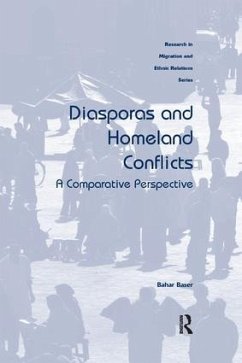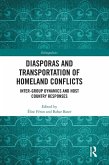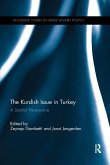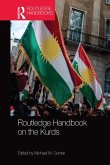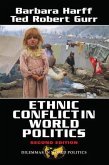As violent conflicts become increasingly intra-state rather than inter-state, international migration has rendered them increasingly transnational, as protagonists from each side find themselves in new countries of residence. In spite of leaving their homeland, the grievances and grudges that existed between them are not forgotten and can be passed to the next generation. This book explores the extension of homeland conflicts into transnational space amongst diaspora groups, with particular attention to the interactions between second-generation migrants. Comparative in approach, Diasporas and Homeland Conflicts focuses on the tensions that exist between Kurdish and Turkish populations in Sweden and Germany, examining the effects of hostland policies and politics on the construction, shaping or elimination of homeland conflicts. Drawing on extensive interview material with members of diasporic communities, this book sheds fresh light on the influences exercised on conflict dynamics by state policies on migrant incorporation and multiculturalism, as well as structures of migrant organizations. As such, it will be of interest to scholars of sociology, political science and international studies with interests in migration and diaspora, integration and transnational conflict.
Hinweis: Dieser Artikel kann nur an eine deutsche Lieferadresse ausgeliefert werden.
Hinweis: Dieser Artikel kann nur an eine deutsche Lieferadresse ausgeliefert werden.

